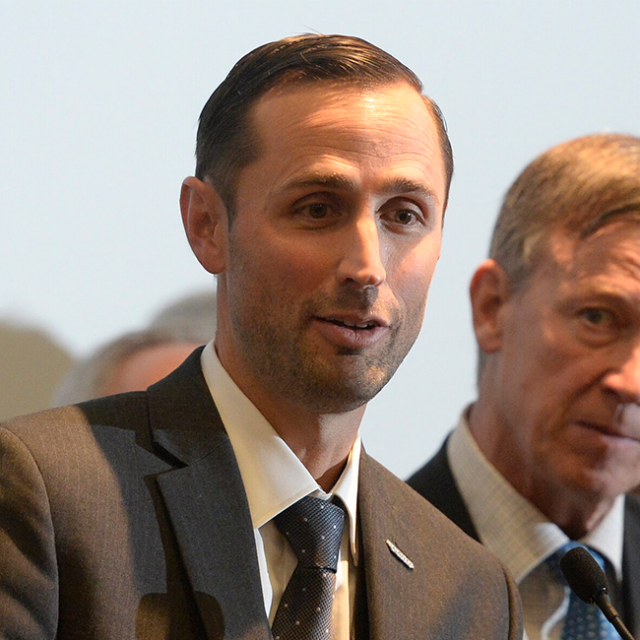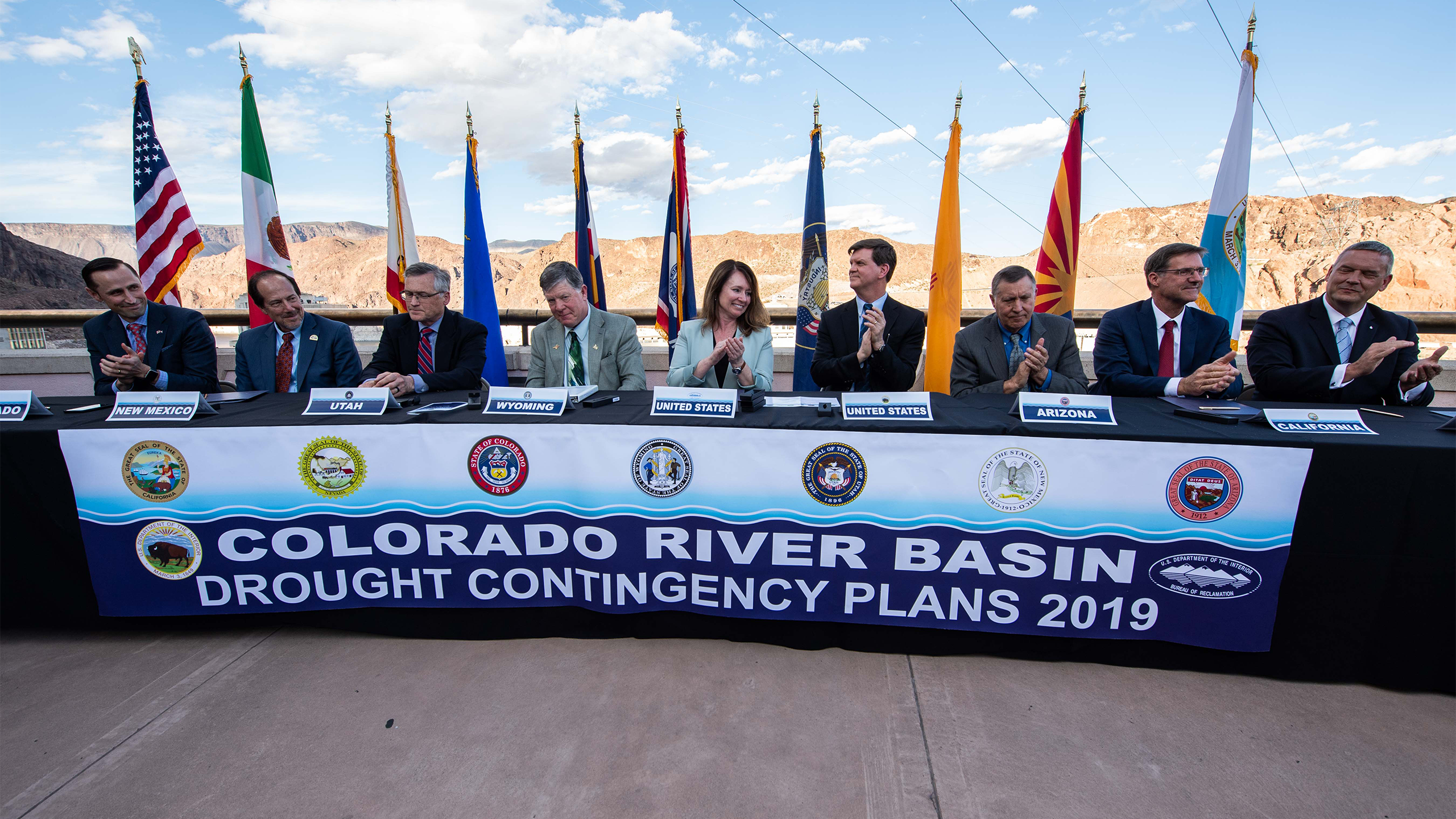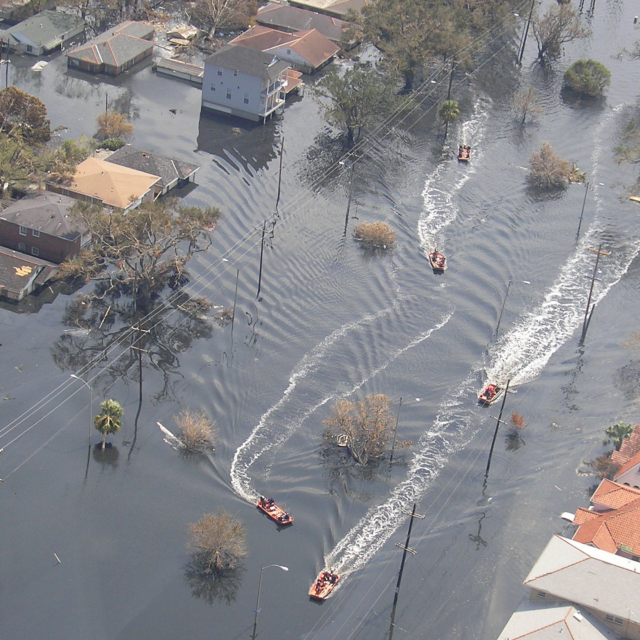“The threat that was made in 2002 that led to the ’07 guidelines worked. The threat that was made in 2015 and resulted in the Drought Contingency Plan worked. The threat that was made in June didn’t work. If you’re going to threaten unilateral action, you kind of need to be ready to implement that.” – James Eklund
The worsening situation of the Colorado River is illustrative of many of the larger environmental and climate change challenges we face as a society today. Ten Across looks at major challenges holistically—including the artificial barriers or boundaries which may inhibit addressing an issue with all of the means at our disposal. We’re taking a deeper dive into the Colorado River crisis in a series of episodes—an exemplary case study into one of the monumental challenges of our time. Join us as we speak with experts who can provide insights into the history, issues, and policies of this great water and energy system and how we can better leverage it to for a more sustainable and resilient future.
In this episode, Ten Across founder Duke Reiter speaks with Colorado water lawyer, rancher, and one of the signatories to the 2019 Drought Contingency Plan James Eklund about the unexpected pace of change in the river system, how it is affecting users of its water resources, and what we can learn to inform the difficult allocation work ahead.
Guest Speaker

James Eklund is a respected lawyer with extensive experience in natural resource issues. He currently lectures at the University of Colorado School of Public Affairs and is a member at the law firm Sherman & Howard, as well as running his family ranch. He previously he served as director of the Colorado Water Conservation Board from 2013 to 2017 and was a signatory of the Drought Contingency Plan in 2019. He was also an assistant attorney general for the state of Colorado.



